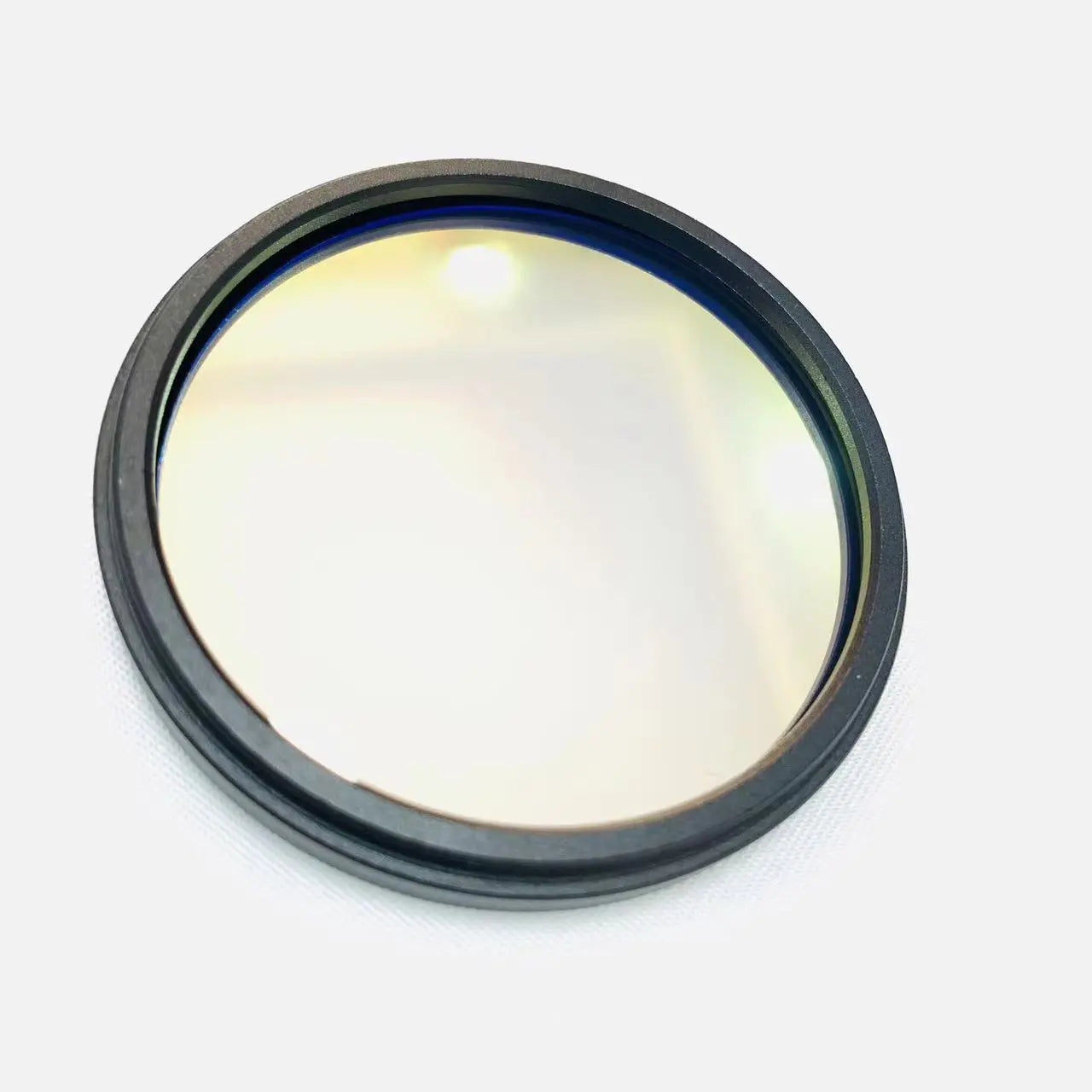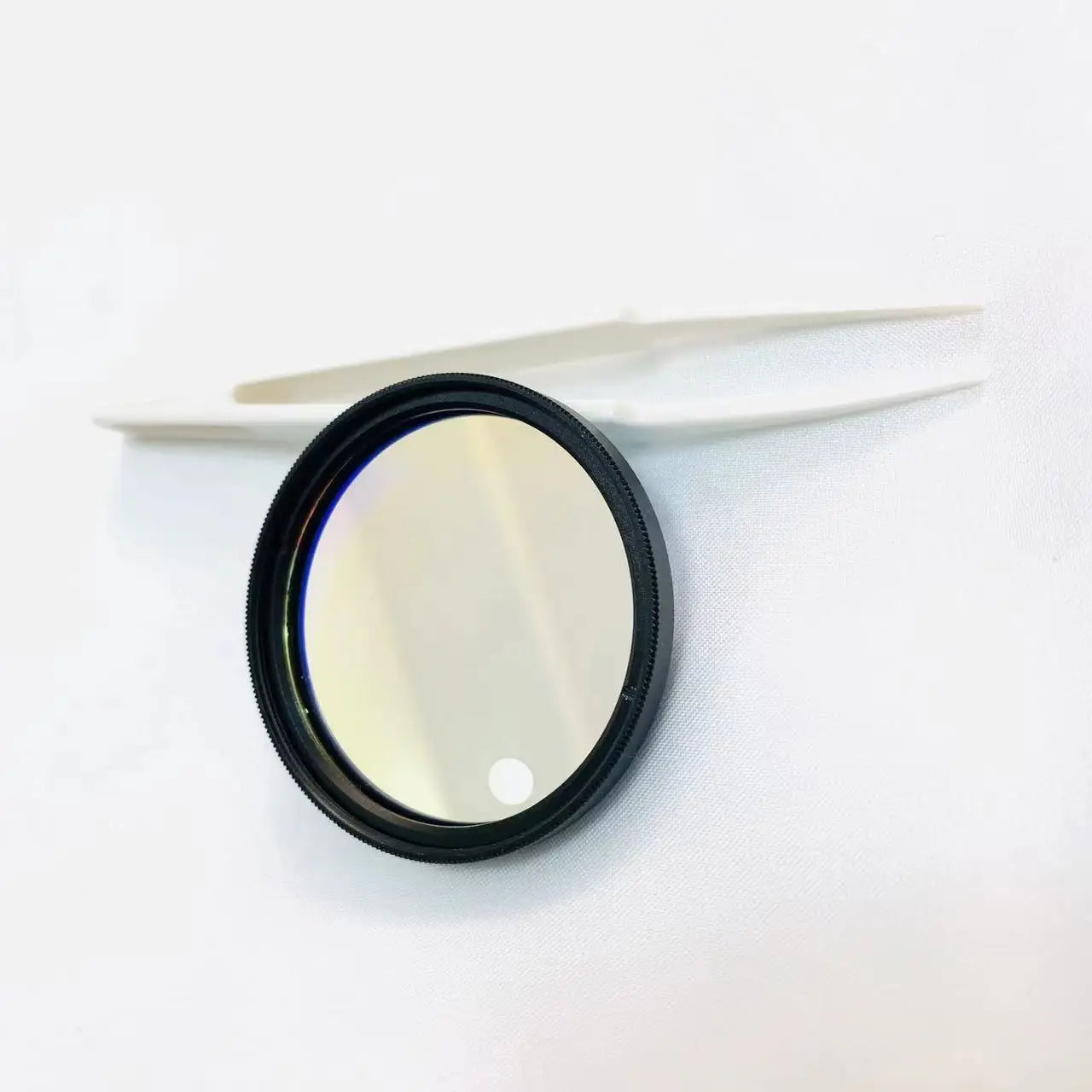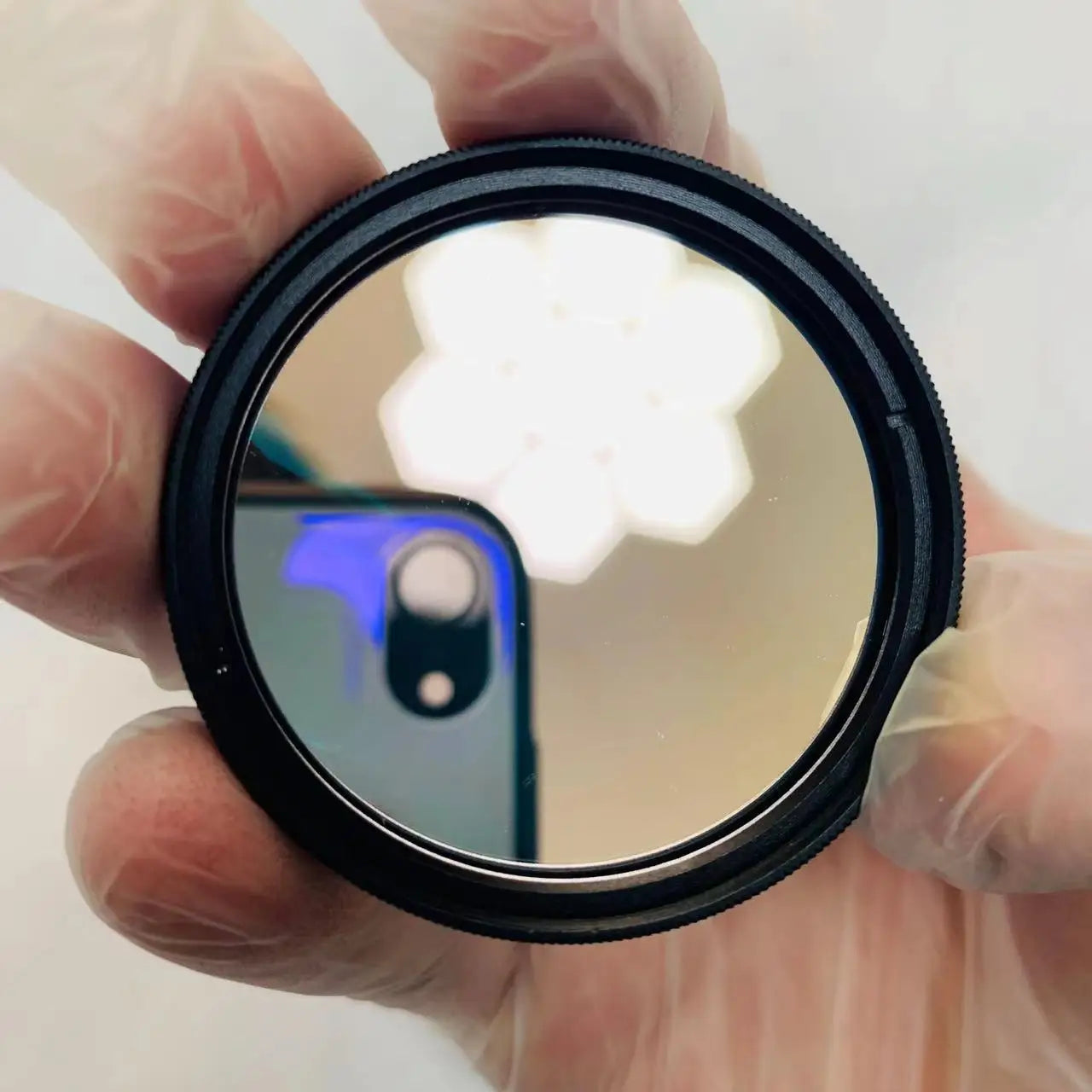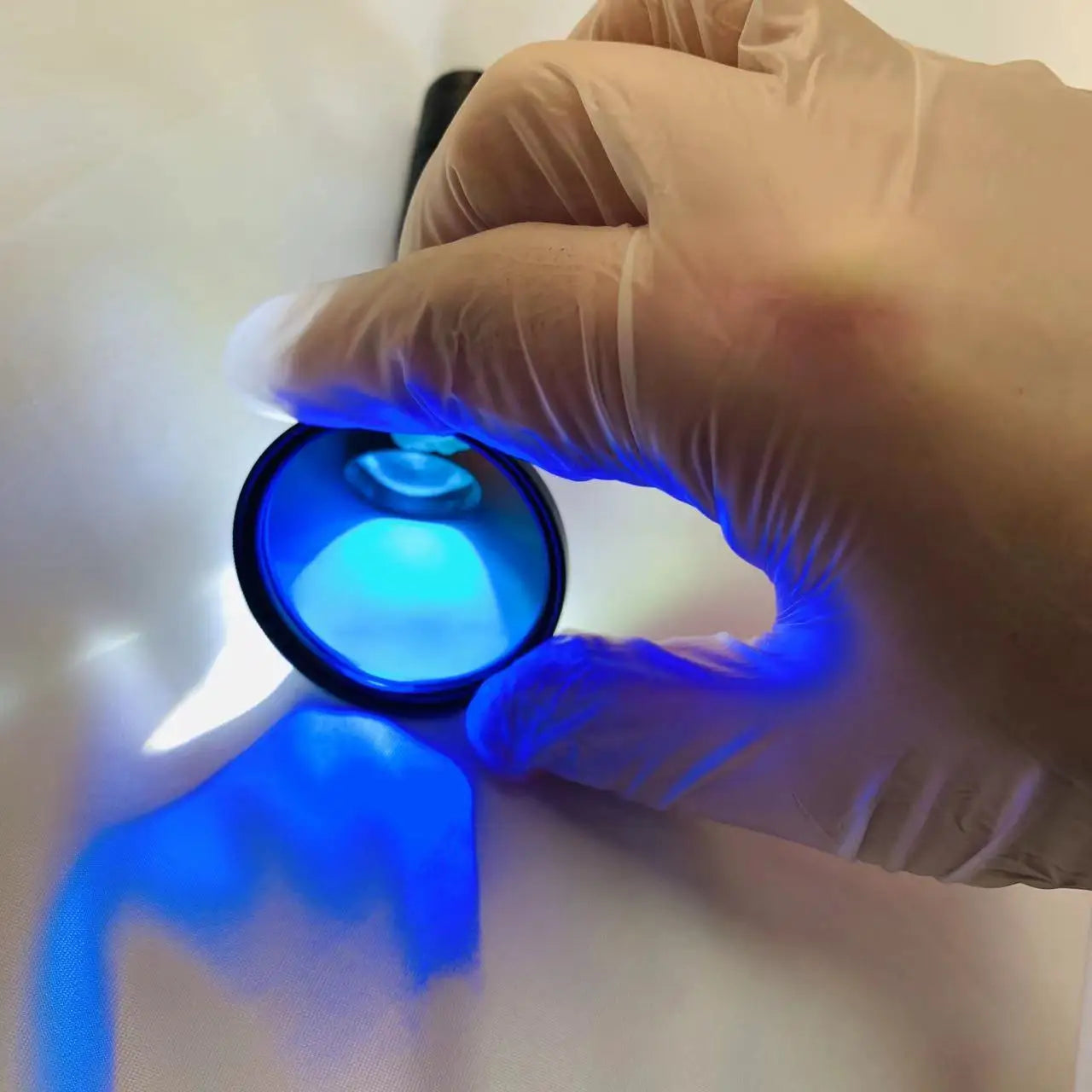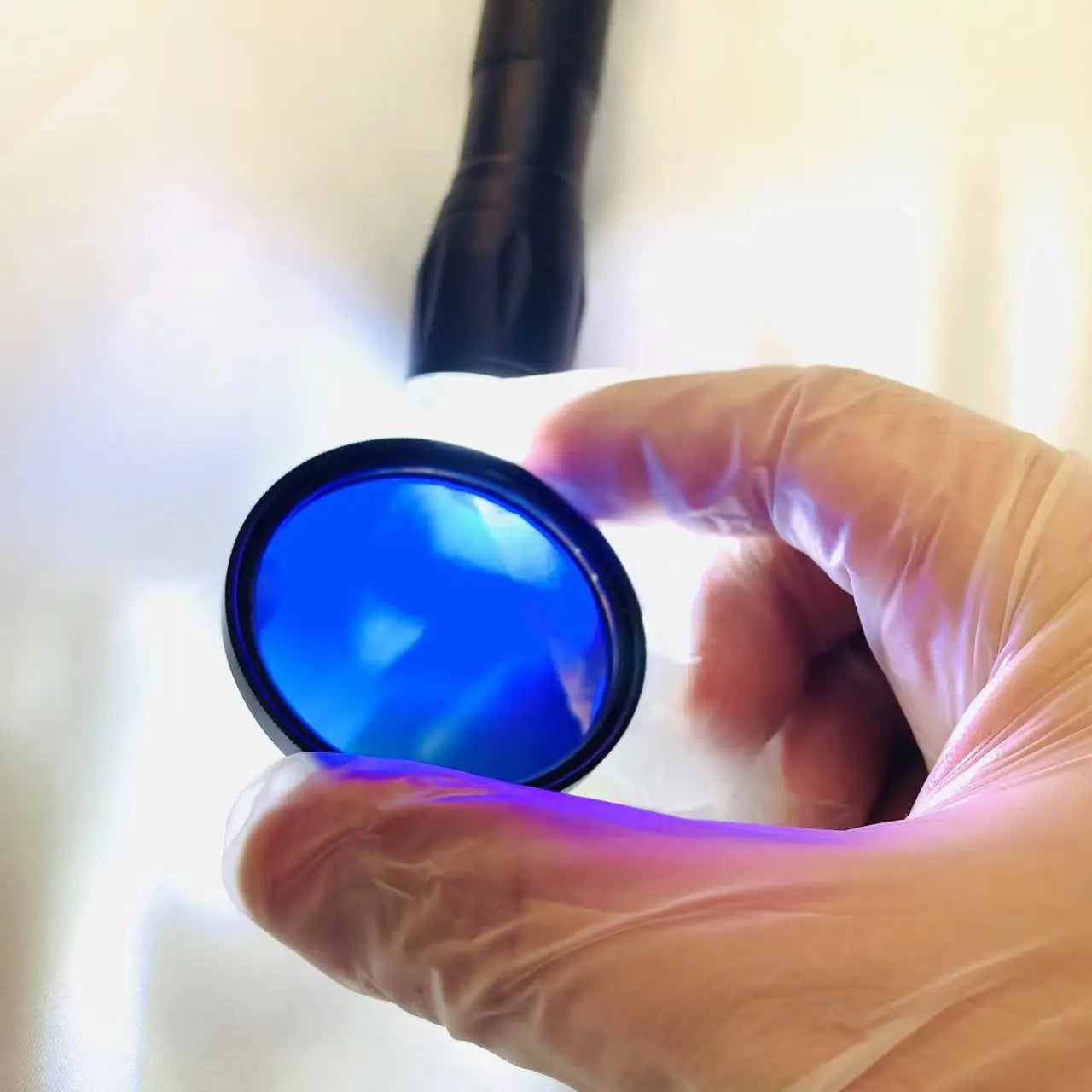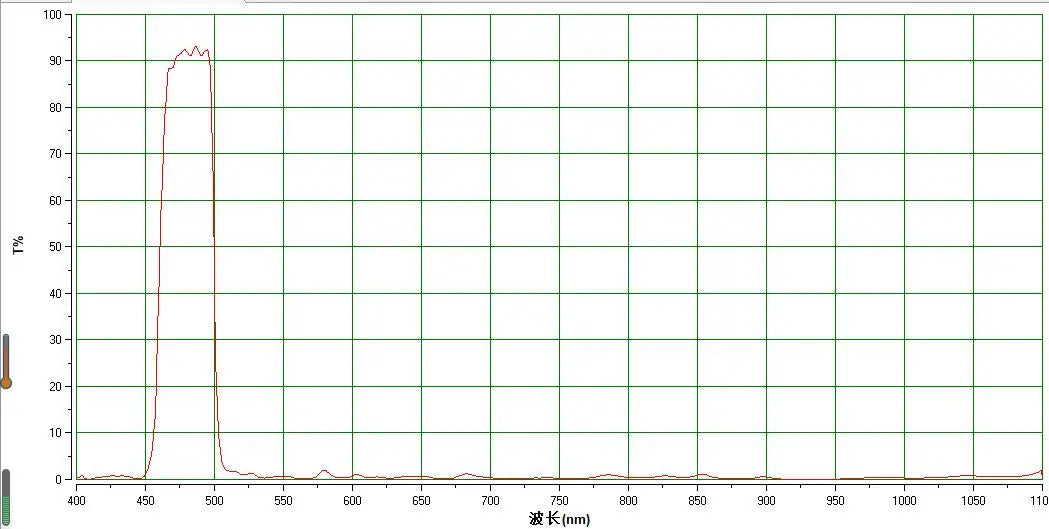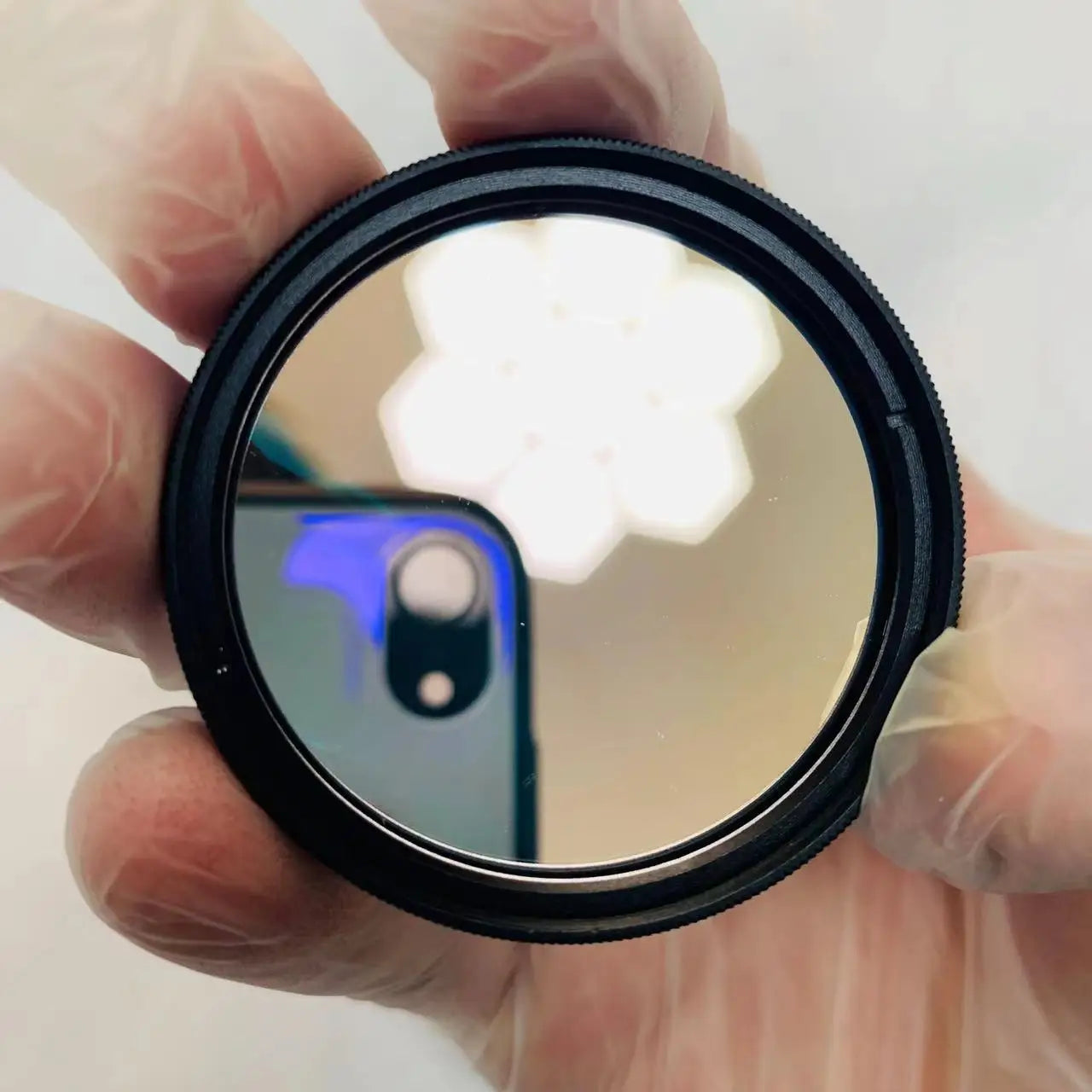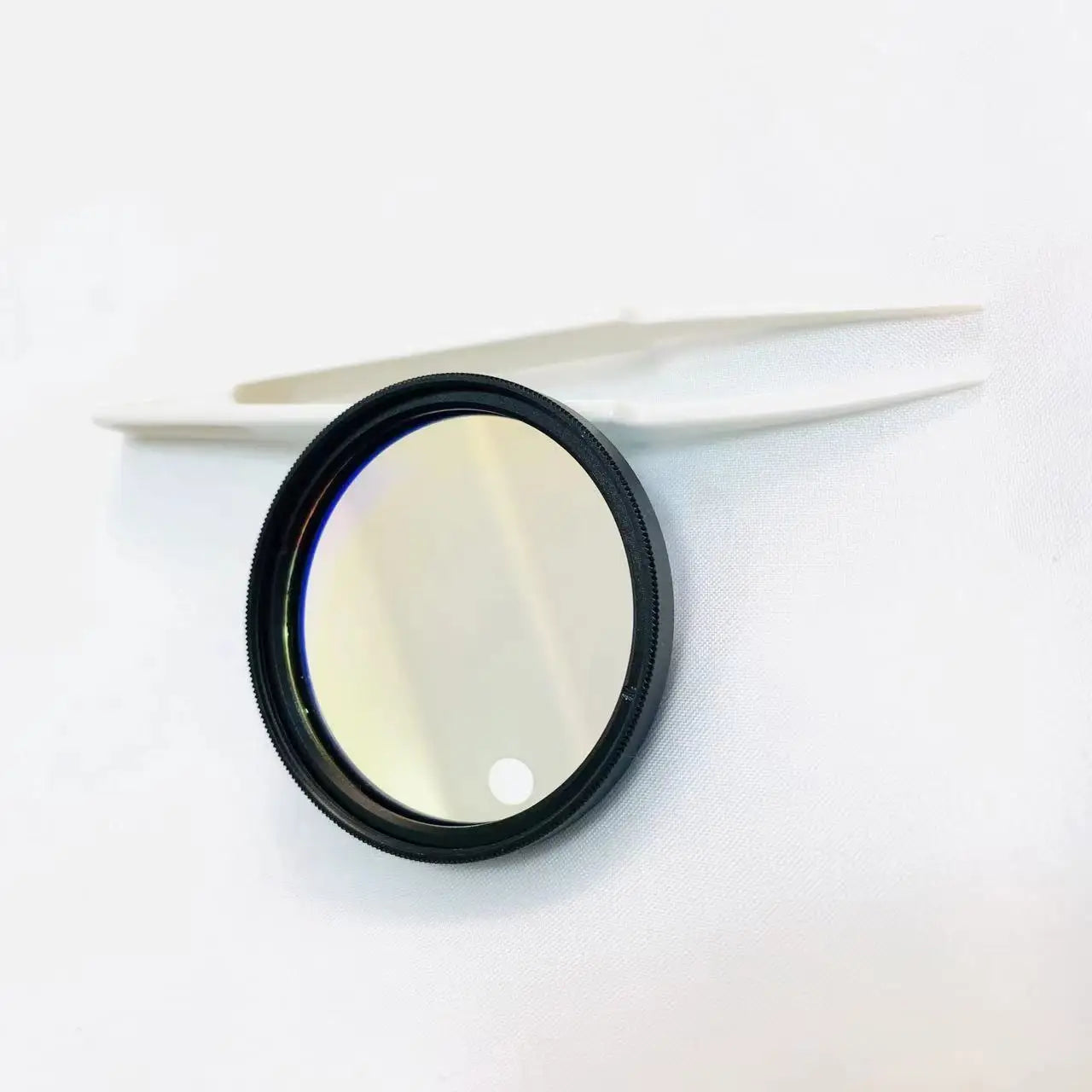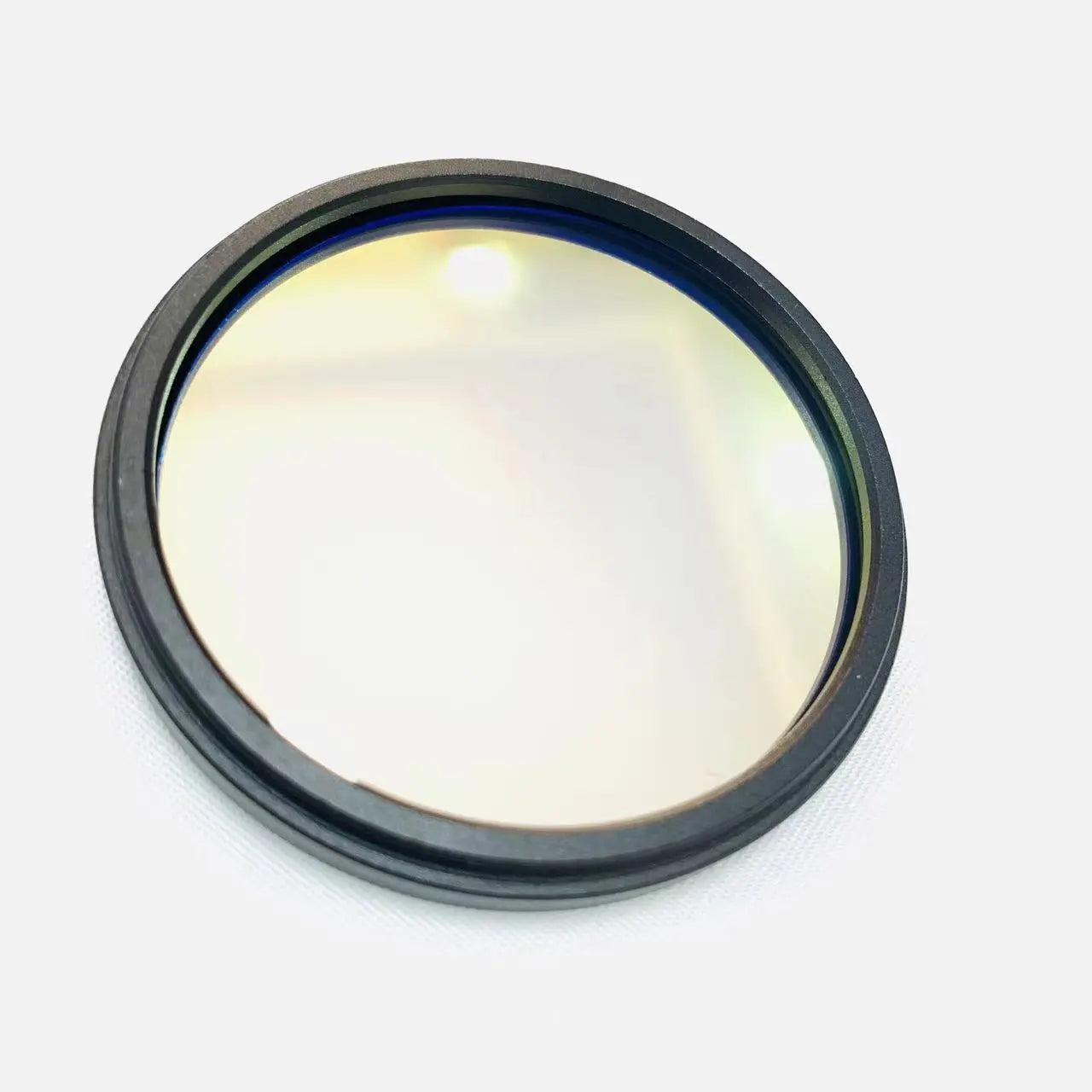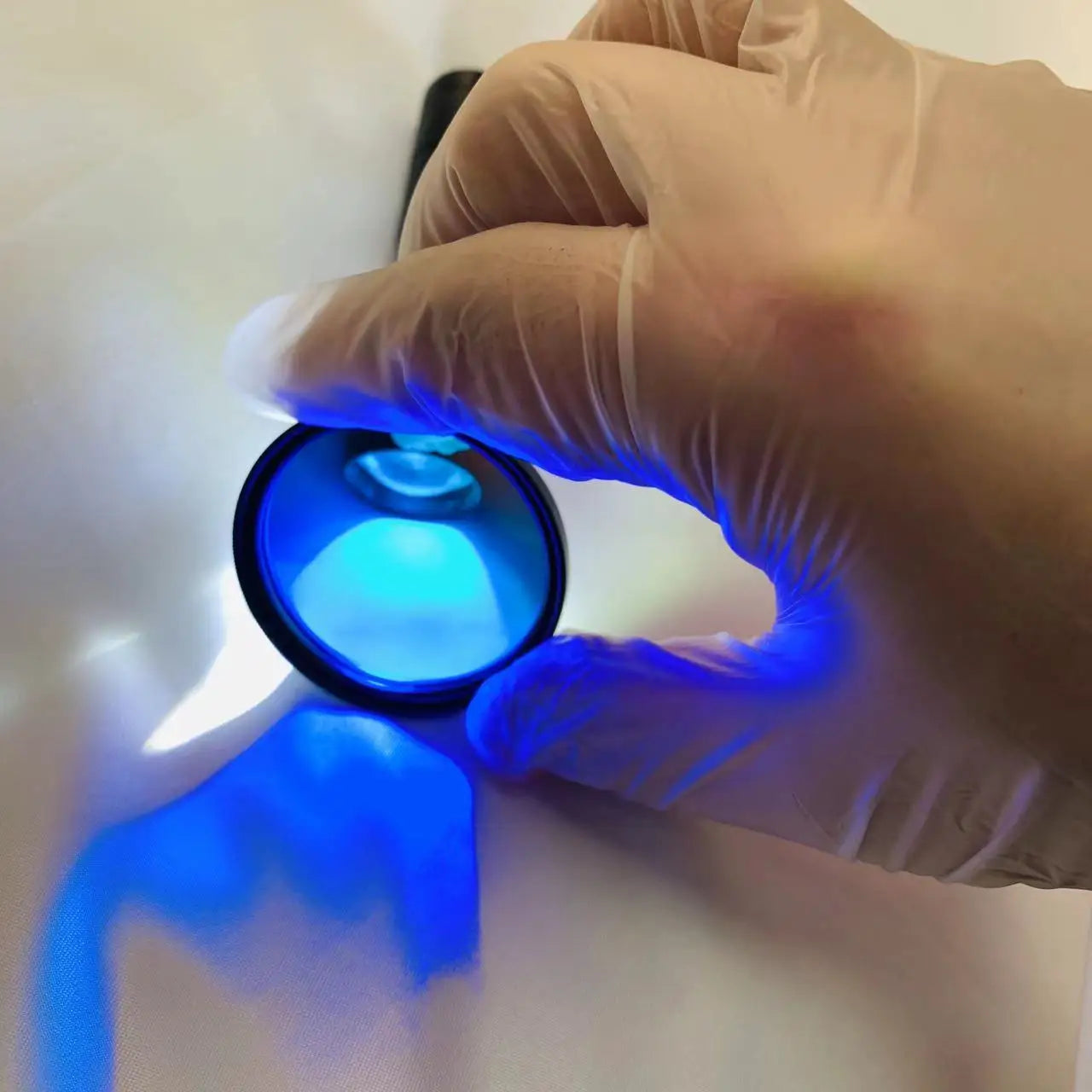Astrophotography Lens
H Beta Camera Lens Filter for Astrophotography
H Beta Camera Lens Filter for Astrophotography
FREE SHIPPING
Couldn't load pickup availability
Hydrogen-Beta (Hb Filter) for Camera Lens
ntroducing the Ultimate H-Beta Camera Lens Filter
Unlock the hidden mysteries of the cosmos with the H-Beta Camera Lens Filter, meticulously designed for astrophotography enthusiasts. This precision-engineered filter isolates the H-beta spectral line at 486nm, allowing you to capture the subtle nuances and intricate details of the universe's most mesmerizing deep-sky objects. Whether you're observing nebulae, supernova remnants, or galactic formations, this filter enhances your ability to delve deeper into the cosmos, revealing the vibrant colors and dynamic structures often missed by standard camera lenses.
Features That Define the H-Beta Camera Lens Filter
- Selective Wavelength Isolation: Specifically targets the H-beta spectral line at 486nm to reveal hidden details in specific celestial objects.
- Advanced Light Pollution Reduction: Its narrow bandpass design cuts through light pollution, allowing for clearer, more vibrant night-sky imagery.
- Robust Construction: Features a sturdy metal screw thread and a precise photo round frame for easy and secure attachment, ensuring compatibility across a wide range of camera lenses.
- Optimized Optical Experience: Crafted to offer minimal optical interference, maximizing the quality and clarity of your astrophotography.
Applications: From Amateur Nights to Professional Observations
The H-Beta Camera Lens Filter is not just a tool but a gateway to exploring the vast universe. Its applications span:
- Amateur Astronomy: Perfect for hobbyists looking to explore astrophotography with enhanced detail.
- Professional Astrophotography: A vital tool for capturing publication-quality images of faint celestial phenomena.
- Educational Purposes: Ideal for students and educators in astronomy, providing a clearer view of studied objects.
Compelling Benefits of Using the H-Beta Camera Lens Filter
- Clarity in Detail: By isolating the H-beta line, it allows astronomers to see finer details in nebulae and other hydrogen-rich objects.
- Enhanced Night Sky Contrast: Improves contrast significantly, making it easier to differentiate between celestial bodies and the background sky.
- Adaptable and User-Friendly: Designed to be easy to attach and use, suitable for both beginners and seasoned astrophotographers.
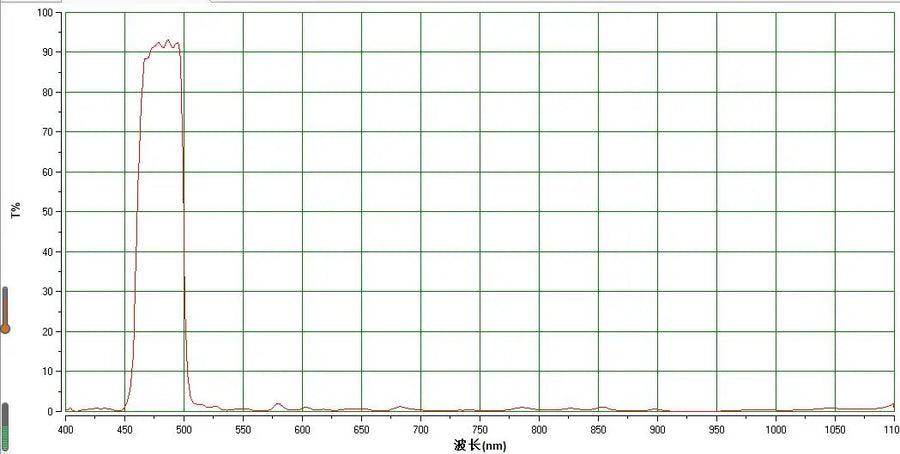
Available in Multiple Sizes for Diverse Camera Lenses
The H-Beta Camera Lens Filter comes in a variety of sizes to ensure a perfect fit for your specific equipment needs, available in diameters including:
- 48mm
- 49mm
- 52mm
- 58mm
- 62mm
- 67mm
- 72mm
- 77mm
- 82mm
Popular H-Beta Astrophotography Targets
This filter is especially useful for capturing:
- Emission Nebulae: Like the Orion Nebula (M42), which glows brightly from the ionized hydrogen.
- Planetary Nebulae: Such as the Dumbbell Nebula (M27), showcasing intricate gaseous expansions.
- Supernova Remnants: The Veil Nebula (NGC 6960) provides a spectacular view of a star's explosive end.
- Active Galactic Nuclei: Where ionized gas clouds are prevalent around supermassive black holes.
Usage Guidelines for Optimal Performance
- Proper Attachment: Ensure the filter is securely threaded to avoid any light leakage.
- Focus Adjustments: Slight adjustments to focus may be necessary as the filter changes the light path slightly.
- Long Exposure: Utilize longer exposure times to capture the full effect of the H-beta isolation.
Expert Tips for Mastering Astrophotography with H-Beta Filter
- Integration with Other Filters: Combine with other narrowband filters for composite color astrophotography.
- Balancing Exposure: Experiment with exposure to avoid over-saturating bright areas while bringing out faint details.
- Regular Calibration: Regularly calibrate your setup to ensure consistent results, especially when switching between filters.
Frequently Asked Questions
Q: How does the H-Beta Filter improve astrophotography images? A: It isolates the H-beta emission line, which enhances the visibility and detail of hydrogen-emission nebulae and other astronomical features.
Q: Can this filter be used during the daytime? A: No, the H-Beta Filter is designed for night-time use and is not suitable for solar observation.
Q: Is the filter compatible with all types of cameras? A: It is compatible with any camera that can accommodate the specified thread sizes of the filter, typically used on DSLR, mirrorless, and astronomical cameras.
Why Should You Invest in the H-Beta Camera Lens Filter?
Investing in an H-Beta Filter not only elevates your astrophotography but also significantly broadens the range of celestial phenomena you can explore and document. Its ability to reveal hidden details and improve image quality makes it an essential tool for anyone serious about astronomy and astrophotography.
Specifications of the H-Beta Camera Lens Filter
- Model: H-Beta Filter
- Spectral Line Isolation: 486nm
- Bandpass: Narrow
- Construction: Photo Round Frame, Metal Screw Thread
- Available Sizes: 48mm to 82mm
What's Included in the Package?
- 1 x H-Beta Camera Lens Filter
- 1 x Protective Storage Case
Important Usage Note: Not for Solar Observations
This filter is not designed for solar observation. Using it to observe the sun can result in serious eye damage or destruction of camera equipment.
Order Your H-Beta Camera Lens Filter Now!
Don’t miss out on the opportunity to transform your astrophotography. Order the H-Beta Camera Lens Filter today and start capturing the unparalleled beauty of the cosmos with clarity and detail that will astound you and others. Whether you're capturing distant galaxies, nebulae, or star clusters, this filter will be your companion in uncovering the wonders of the universe. Order now and let the cosmos reveal its secrets to you.
